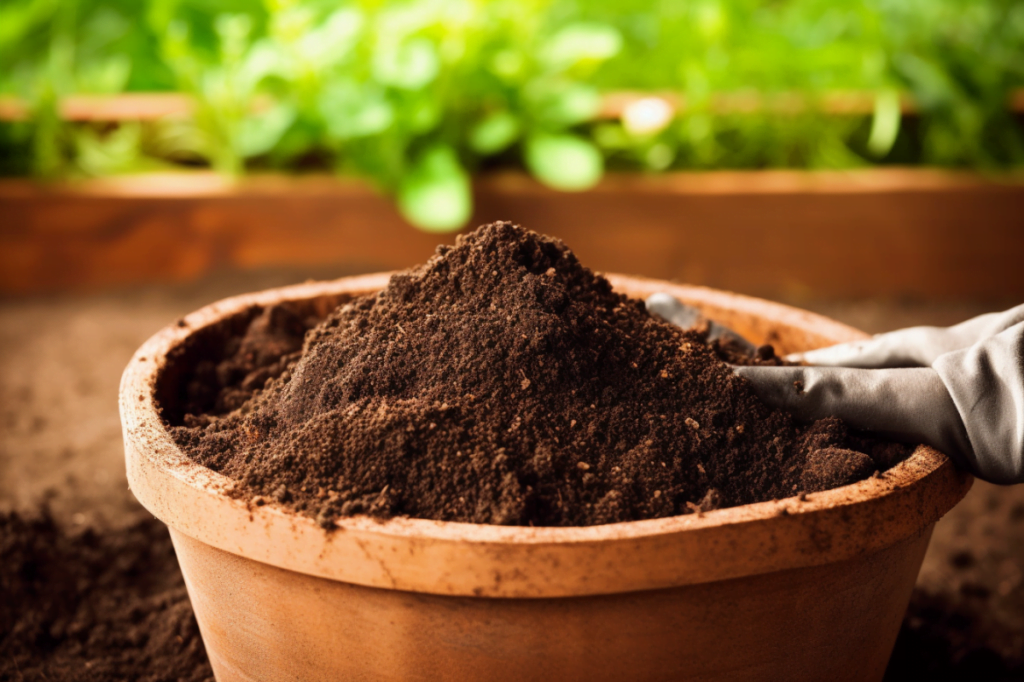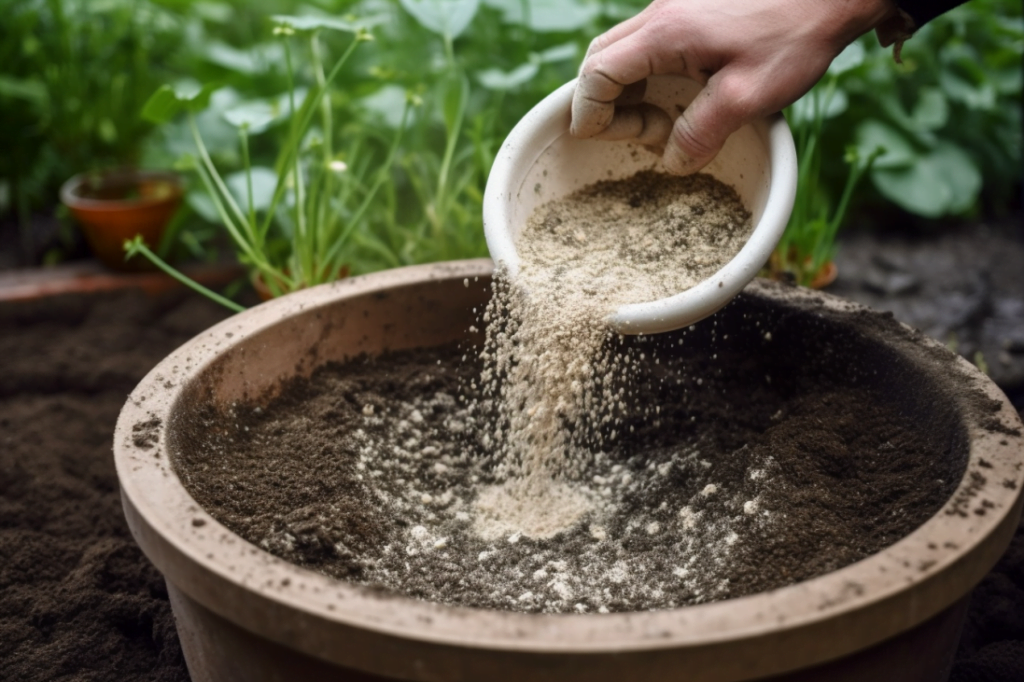English
The global cannabis industry continues to grow. Cultivators are seeking sustainable and cost-effective methods for enhancing plant growth and optimizing yields. Homemade biological fertilizers benefits such approach gaining traction. By tapping into locally available resources, cannabis cultivators can reduce their dependency on synthetic fertilizers. In turn promote organic farming practices, and contribute to the overall sustainability of the industry.
The Benefits of Homemade Biological Fertilizers
Biological fertilizers, also known as organic or bio-fertilizers, are derived from natural sources. These include plant residues, animal manure, & microbial cultures. These fertilizers offer several advantages over synthetic alternatives:
Nutrient-rich: Domestic raw materials, such as compost, green manure, and animal waste, contain a range of essential nutrients. These are necessary for plant growth. They provide a balanced blend of macronutrients (nitrogen, phosphorus, potassium) and micronutrients required for optimal cannabis cultivation.
Soil health improvement: Organic fertilizers enhance soil structure, water retention capacity, and microbial activity. They encourage the growth of beneficial microorganisms, earthworms, and other soil organisms, which create a healthy soil ecosystem. Improved soil health translates into improved nutrient uptake, disease resistance, and overall plant vigor.
Environmentally friendly: Synthetic fertilizers often have detrimental effects on the environment due to their chemical composition and long-term ecological impact. By utilizing domestic raw materials as organic fertilizers, cultivators can minimize environmental contamination. This in turn reduce water pollution, and contribute to sustainable agricultural practices.
Homemade Organic Materials for Cannabis Fertilization
Compost: Composting is the natural decomposition process of organic waste materials. By composting kitchen scraps, yard waste, and plant residues, cultivators can create a nutrient-rich compost. This can be used to improve soil structure and provides slow-release nutrients for cannabis plants.
Green manure: Green manure refers to specific crops, such as clover, legumes, and certain grasses. These are grown specifically for soil improvement. These crops help fix atmospheric nitrogen and increase organic matter content when incorporated into the soil. Green manure serves as an excellent nitrogen source for cannabis plants.
Animal manure: Livestock waste, such as cow, horse, or chicken manure, is an excellent source of organic matter and nutrients. Properly composted or aged manure can provide essential nutrients. While minimizing the risk of pathogens or excess nitrogen, which can harm plant growth.
Cover crops: Utilizing cover crops, such as oats, buckwheat, or rye, between cannabis plantings can provide multiple benefits. They help prevent soil erosion, suppress weeds, improve soil fertility, and provide organic matter when incorporated into the soil.
Microbial inoculants: Beneficial microorganisms, such as mycorrhizal fungi and rhizobacteria, can be introduced into the soil. These microbes enhance nutrient uptake and promote plant health. These microbial inoculants improve soil fertility and establish a symbiotic relationship with cannabis roots.
Implementation and Considerations
When using domestic raw materials as biological fertilizers for cannabis cultivation, it is crucial to consider a few factors:
Quality control: Ensure the raw materials used are of good quality and free from contaminants or pathogens. These may harm plant health or compromise the final product.
Composting and aging: Composting or properly aging raw materials, especially animal manure, is essential to reduce the risk of pathogens. This ensures optimal nutrient availability for cannabis plants.
Integration with other cultivation practices: Incorporate the use of domestic raw materials as part of a holistic cultivation approach. Consider other sustainable practices such as water conservation, integrated pest management, and crop rotation. All to maximize the overall environmental and economic benefits.
Experimentation and observation: It is important to observe & evaluate the effects of using domestic raw materials as fertilizers. Keep detailed records of plant growth, nutrient levels, and overall plant health. This is to identify the most effective methods for your specific cultivation environment.
Related articles :
Published by Sakul
13/06/2023choose and buy cannabis seeds from our offer
our pleasure




























